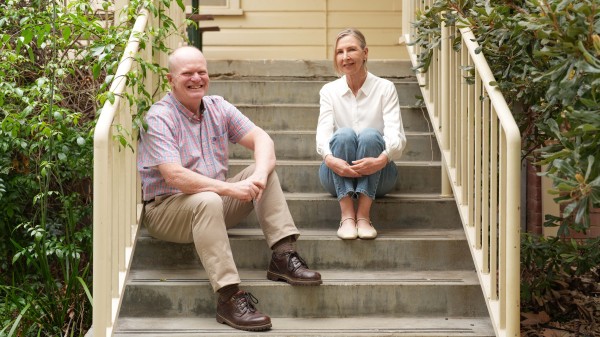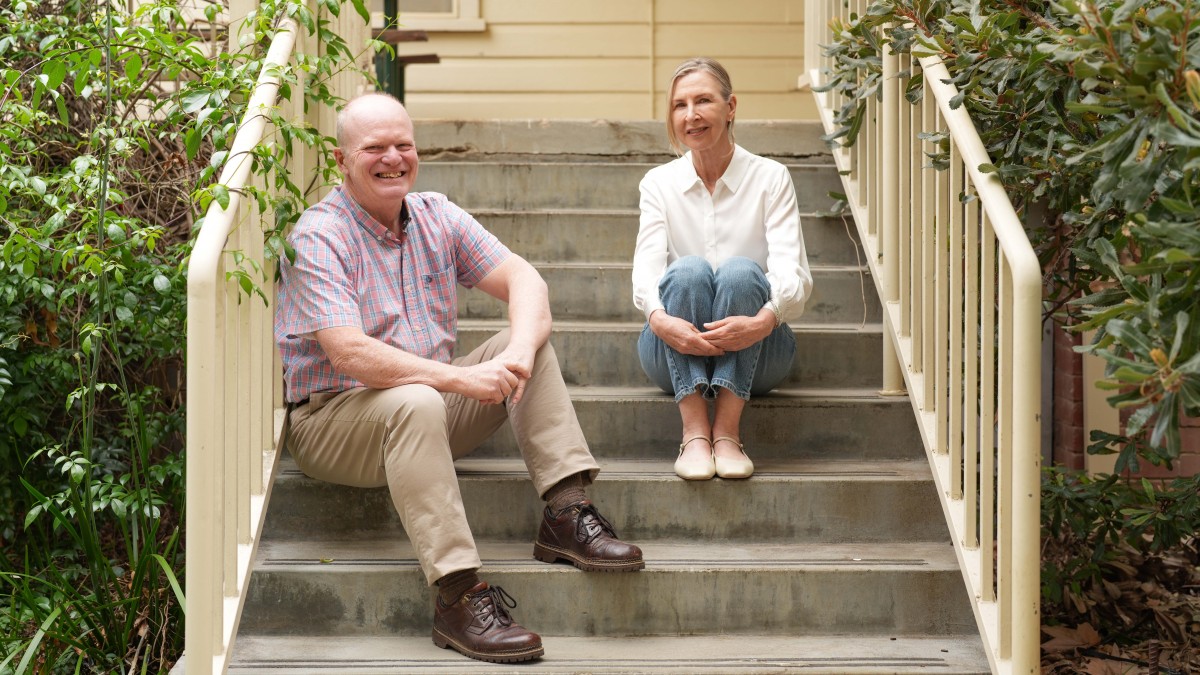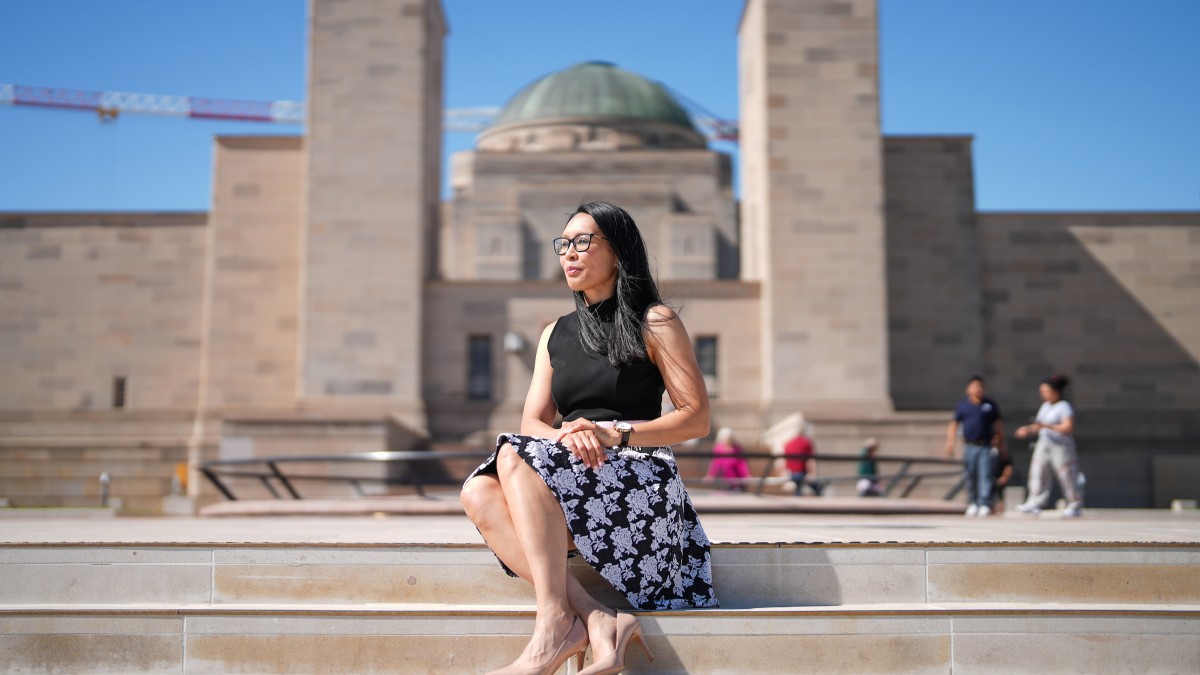Recent confrontations in the South China Sea underscore a volatile environment that could disrupt more than just regional peace.
The sovereignty tussle involving China and Taiwan, as well as increased tensions with the Philippines, holds the potential to escalate into armed conflict, with repercussions that could disrupt global trade, destabilise regions, and threaten human security.
Nations such as Australia find themselves intricately tied to these tensions, not only due to their geographical proximity but also due to substantial trade routes passing through these contested waters.
Given that a third of the world's shipping trade sails through the South China Sea, any significant disruption in this part of the world could mirror the widespread supply chain issues we faced during the COVID-19 pandemic.
In anticipation of escalating tensions, many countries in the region have developed, or are developing, contingency plans typically encompassing trade, foreign affairs, and defence.
However, the critical role of health ministries in these plans is often overlooked.
Considering the potential for disruptions to medical supplies and the added pressures on healthcare services, including health ministries is essential for safeguarding the health and well-being of millions of people across the region.
With over two decades of experience as a medical doctor and humanitarian worker in conflict zones, I have witnessed firsthand the devastating impacts of unprepared health systems: critical medicine shortages, overwhelmed emergency services, burned-out health professionals, and patients with chronic conditions left unattended.
These are not just possibilities; they are realities that nations can and must pre-empt.
Often, the lack of preparedness within health systems signals a deeper malaise: insufficient political will or investment, or societal rifts that purposefully marginalise certain communities.
Global tensions
The world is currently navigating an especially uncertain period, grappling with over 120 armed conflicts, including those in Ukraine and the Middle East.
This global turbulence fosters divisions within communities and between nations, exacerbating polarisation that can intensify during events like the forthcoming US presidential election.
Providing healthcare for everyone, including during crises, is a hallmark of a prepared nation.
To achieve this, service provision must transcend political biases and divisions, ensuring access for all people, irrespective of colour, race, gender, religion, or ethnicity.
The pivotal question is how we bridge the gap between high-level policymaking, where health is a political choice, and the actual delivery of care, which must be impartial.
For this, it is key that the right stakeholders are sitting at the decision-making table.
Health ministers should be integral to national preparedness discussions, bringing in strategic health concerns.
Equally, civil society and community representatives must have a voice wherever health decisions are shaped, whether at the national, regional, or local levels.
Establishing these inclusive mechanisms in a proactive manner is essential, as waiting until a crisis unfolds can render it challenging to incorporate community perspectives effectively.
Recognising the right to healthcare as more than a mere truism, it's important to not only uphold the principle that every individual should have access to services that protect their health and well-being but to actively implement this ethos in our health systems.
Healthcare delivery must be free from political and ideological biases at the service point.
This commitment to action must be embraced not only by Australia and its neighbours but also as a global standard.
As the regional meeting of the World Health Summit convenes in Melbourne this week, thought leaders will tackle these and other global health challenges.
While we can't predict the outcomes of these discussions, the need for evolution is clear - we must ensure the accessibility of essential health services to everyone, in times of peace and crisis.
Ultimately, integrating healthcare leadership and community insights is vital for national preparedness and creating more equitable societies.
And it is this readiness and inclusion that will guide us through the complex and unpredictable waters of today's world.
- Professor Esperanza Martinez is the Head of Health and Human Security at the ANU College of Health and Medicine, and a key speaker at the World Health Summit regional meeting starting in Melbourne on Monday. This article was first published in The Canberra Times.










